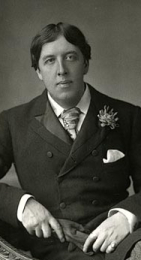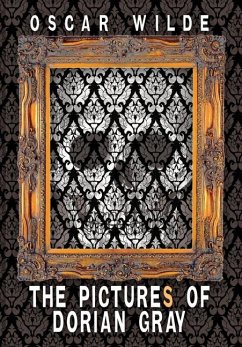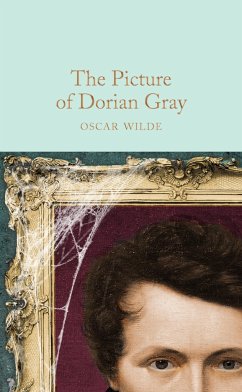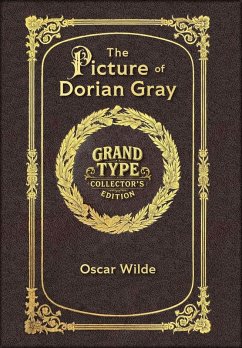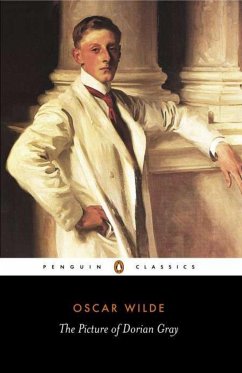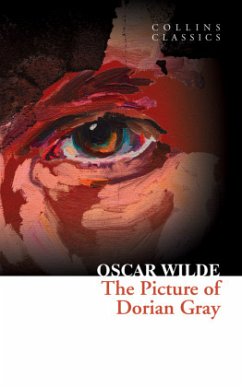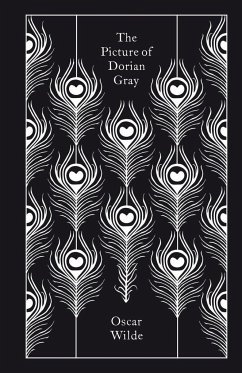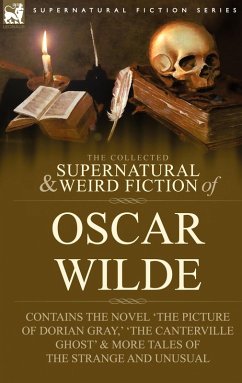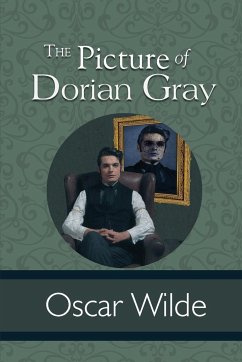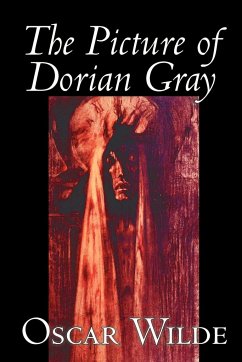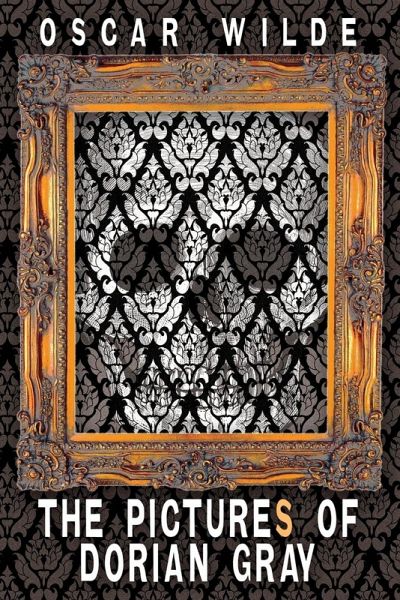
The Pictures of Dorian Gray (Includes Both the 20-Chapter and 13-Chapter Versions of the Picture of Dorian Gray)

PAYBACK Punkte
11 °P sammeln!
Eternal youth. Hidden corruption. Can Dorian escape the darkness that lies within his soul? In The Pictures of Dorian Gray, Oscar Wilde's iconic tale unfolds in two distinct versions, exploring the descent of Dorian Gray as he trades his soul for eternal youth and beauty. Each version presents Dorian's moral decay as his portrait bears the marks of his sins, while he remains outwardly unblemished. This edition offers readers the chance to explore both Wilde's original 13-chapter version and the later 20-chapter expansion, providing a unique perspective on this profound and haunting novel.



